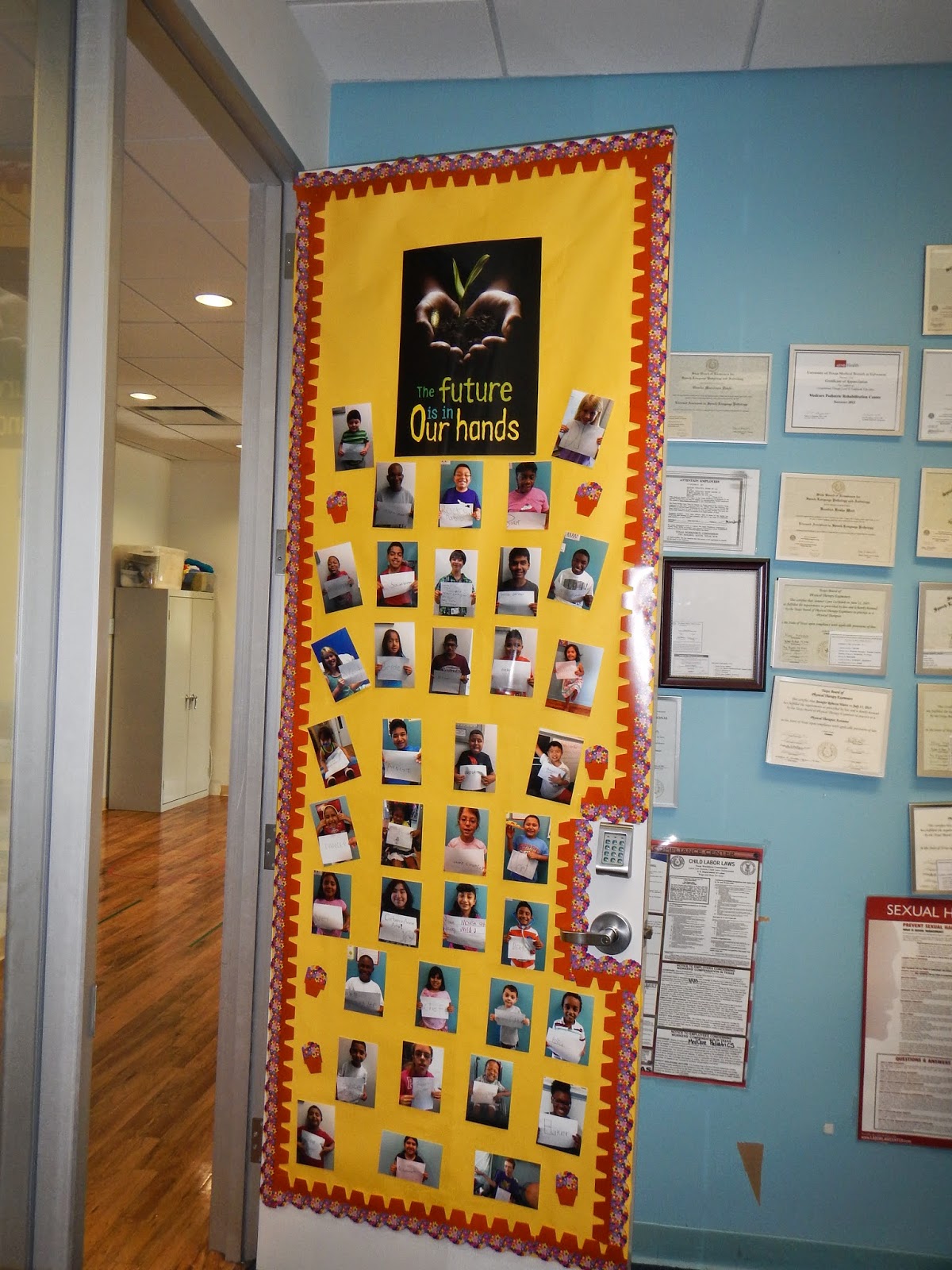According to the Centers for Disease Control (CDC), birth
defects affect 1 in 33 babies every year and cause 1 in 5 infant deaths. In honor of National Birth Defects Prevention
Month we will be talking about what birth defects are, how they may be
prevented, and we will talk more specifically about two common birth defects
which may be able to be prevented, Neural Tube Defects and Fetal Alcohol
Syndrome.
What is a Birth Defect?
Birth defects are abnormal conditions that happen before or at the time
of birth. Some can be very mild, like an
extra finger or toe while others can cause serious physical, mental, or medical
problems. Birth defects can have a
number of different causes including genetics, environment, drugs and alcohol,
chemicals, medicines, and maternal illness or infection. There are also many birth defects which are
caused by unknown factors.
Many birth defects happen very early in pregnancy, sometimes before a
woman even knows she is pregnant. Some
birth defects can even be diagnosed before the baby is born. Tests like ultrasounds and amniocentesis can
detect birth defects such as Spina Bifida, heart defects, or Down syndrome
before a baby is born.
Many birth defects are not found immediately at birth. Birth defects can affect how the body looks,
how it works, or both. Some birth
defects like cleft lip or Spina Bifida are easy to see at birth. Others, like heart defects or hearing loss
are not.
How Can Birth Defects Be Prevented?
Woman can take important steps before and during pregnancy to help
prevent birth defects. All women who can
become pregnant should take in at least 400 mcg of folic acid every day. Folic acid helps a baby’s brain and spine
develop very early in the first month of pregnancy, before a woman may even
know that she is pregnant. Pregnant
women should avoid using cigarettes, drugs or alcohol and also use caution when
taking medications. Regular medical
checkups while pregnant will help ensure that mom and baby are healthy and
developing normally. Eating a healthy,
nutritious diet and exercising regularly can help ensure a baby is born
healthy. Pregnant women should also wash
their hands often, especially after using the restroom, touching raw meat,
uncooked eggs or unwashed vegetables, handling pets, gardening, or caring for
small children.
What are Neural Tube Defects?
Neural tube defects are birth defects of the brain, spine, or spinal
cord. They happen in the first month of
pregnancy, often before a woman even knows that she is pregnant. In a developing baby, certain cells form a
tube called the neural tube which will later become the spinal cord, the brain
and the nearby structures that protect them including the bones of the
spine. A neural tube defect occurs when
this tube does not completely close, resulting in a hole somewhere along the
length of the spinal column or in the brain.
Some common neural tube defects include:
·
Spina Bifida
·
Anencephaly
·
Chiari malformation
·
Encephalocele
Spina Bifida, the most common of the neural tube defects, happens when
the neural tube fails to form properly or close in the spine. The term Spina Bifida literally means “split
spine”. It can happen anywhere along the
length of the spine and may cause damage to the spinal cord or nerves. Spina Bifida can range from very mild, where
there may not be any symptoms, to very severe where parts of the spine and
spinal cord may develop outside the body, causing nerve damage, paralysis and/or hydrocephalus.
What is Folic Acid and Where Can I Find It?
Folic acid is a B vitamin which helps the body make healthy new
cells. Folic acid is a manmade forms of
folate, while folate is found naturally in some foods. Women can get enough folic acid by taking a
vitamin every day, or you can find folic acid in the following foods:
·
Green, leafy vegetables such as spinach, collard
greens, mustard greens, romaine lettuce
·
Other green vegetables such as asparagus, broccoli,
okra, and brussel sprouts
·
Citrus fruits such as oranges and grapefruit
·
Papaya
·
Beans, peas and lentils
·
Avocado
·
Whole grains
·
Enriched foods such as breakfast cereals,
breads, flours, pastas, cornmeal and white rice.
For foods that are enriched with folic acid, always check the
supplemental facts label to be sure you are getting enough 400 to 800 mcg of
folic acid.
What is Fetal Alcohol Syndrome?
Fetal Alcohol Syndrome (FAS) is a condition that results when a baby is
exposed to alcohol during pregnancy. FAS
is a cluster of related problems that can range from mild to severe. When a pregnant woman drinks alcohol, the
alcohol enters the bloodstream and reaches the baby through the placenta. Babies metabolize alcohol more slowly than an
adult so the baby’s blood alcohol concentration are much higher than the
mother. Some common impairments that are
a result of FAS include:
·
Distinctive facial features including small
eyes, an exceptionally thin upper lip, a short, upturned nose and a smooth skin
surface between the nose and upper lip (philtrum)
·
Slow physical growth before and after birth
·
Mental retardation and delayed development
·
Learning disorders
·
Abnormal behavior such as short attention span,
hyperactivity, poor impulse control and anxiety
·
Poor coordination
·
Vision or hearing problems
How Can Fetal Alcohol Syndrome Be Prevented?
There is no safe level of alcohol that a pregnant woman can drink, and
the more a pregnant woman drinks, the greater the risk is to the baby. Fetal Alcohol Syndrome is 100% preventable. If you are trying to become pregnant or think
you might be pregnant, don’t drink alcohol.
The risk is present any time during the pregnancy, however facial
impairments and heart and organ damage may occur as a result of drinking
alcohol during the first trimester, when these parts of the baby are in the key
stages of development.


























